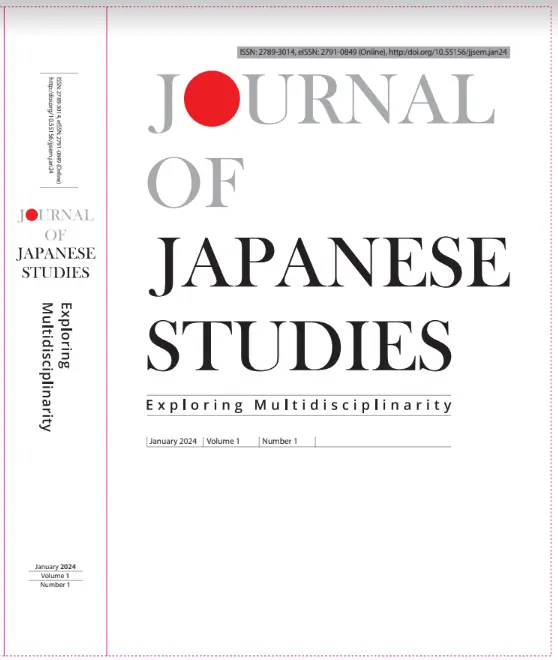
ISSN: 2789-3014
eISSN: 2791-0849 (Online)
The Essence of Co-Existence in Kenji Miyazawa’s ‘Yukiwatari’
Sukanto Mazumder
DOI : http://doi.org/10.55156/jjsem.jan2412
Journal of Japanese Studies: Exploring Multidisciplinarity
Volume 1, Number 1, January 2024
Abstract
Kenji Miyazawa (1896-1933) was a Japanese literary figure, particularly a children’s writer. In 1921, he left Hanamaki and went to Tokyo because of his father’s differences with his religion. He joined famous Nichiren monk Tanaka Chigaku’s organisation ‘Kokuchūkai’ (Pillar of the Nation Society) there. During that time, he preached the teachings of Nichiren Buddhism for several months in sheer poverty. Through the influence of Nichiren Buddhism, humanitarian concepts like co-existence can be seen in his literary works. In this paper, the researcher attempts to trace the elements of co-existence in the story of ‘Yukiwatari’.This narrative depicts the co-existence of human beings and foxes. The fox is a metaphor for cunning, intelligence, and trickery in many cultures. But, in this story, the author, Kenji, breaks the conventional notions about the fox community. Through the inter-relationship of the human world and the animal world, Kenji visualises a harmonious co-existence of the animal and the human beings through which co-prosperity of both sides can be observed; the researcher attempts to show that Kenji goes far beyond to show us the peaceful co-existence with nature to promote love and compassion towards all beings. And the entire process is based on mutual sharing and caring.
Keywords: Co-existence, Yukiwatari, Nichiren, Kokuchūkai, humanitarian concepts
Notes on Contributor
Research Scholar, Visva-Bharati, E-mail: bindas.sukanto@gmail.com
